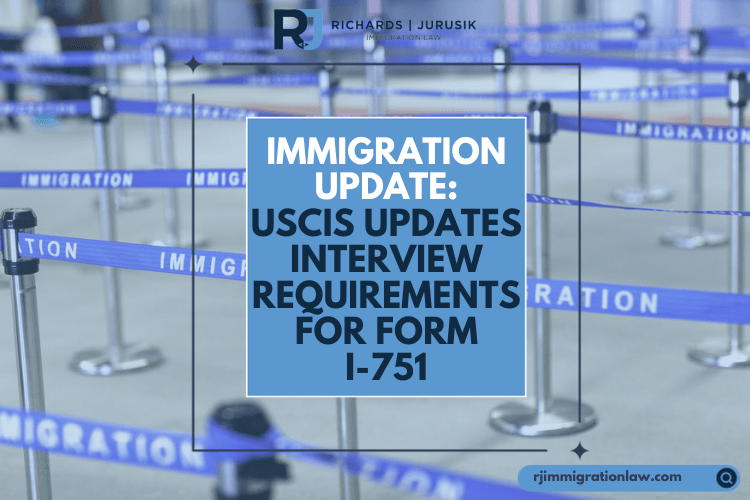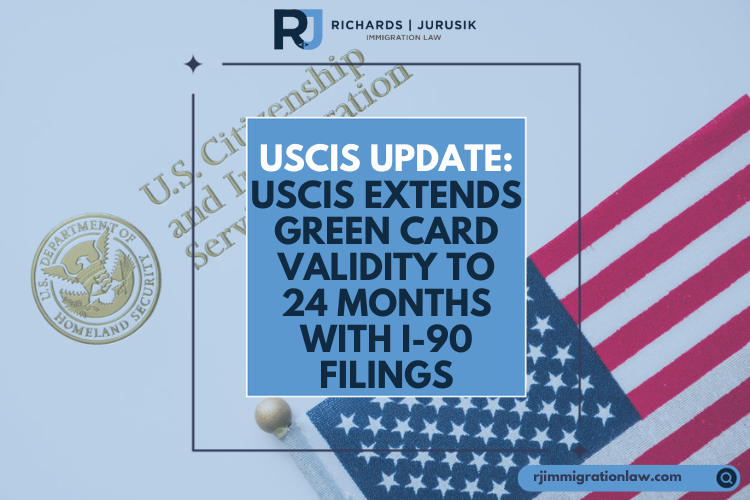Securing a US immigrant visa involves several steps, including the medical examination. This examination, conducted by an embassy-approved Panel Physician, is mandatory for the primary applicant and all eligible family members. This guide explains the medical examination process, what to expect, how to prepare, and the importance of this step in your visa application.
Who Requires the Medical Examination?
Every primary applicant and qualifying family member seeking an immigrant visa must undergo a comprehensive medical exam. This assessment is scheduled with an embassy-authorized physician in the country where the visa interview will take place.
Timing of the Medical Examination
The medical examination can only be scheduled upon receiving your immigrant visa interview date from the US Consulate or Embassy. It’s imperative to complete this exam, alongside any required vaccinations, before your scheduled interview date to ensure a smooth continuation of your visa application process.
What to Expect During the Medical Exam
On the day of your examination, come prepared with a valid passport or another form of photo identification and your appointment letter. The medical exam will include:
- A comprehensive review of your medical history.
- A detailed physical examination assessing various health aspects.
- A chest X-ray to check for respiratory and pulmonary conditions.
- Blood tests specifically targeting syphilis.
The physical examination thoroughly checks vital health metrics, including vision, hearing, and cardiovascular health.
Handling the Exam Results
Post-examination, the Panel Physician sends your results directly to the embassy or hands you a sealed envelope. It’s crucial to keep this envelope sealed and present it unopened at your visa interview.
Specific Requirements for Certain Applicants
- Children under 15 years: Generally exempt from chest X-rays and blood tests unless specific medical conditions suggest otherwise.
- Pregnant Applicants: Required to undergo chest X-rays with additional precautions to safeguard the health of the mother and unborn child.
- Applicants with Medical Histories: Those with backgrounds of psychiatric conditions, substance abuse, chronic illnesses, or regular medication intake should provide comprehensive medical records and certificates.
Vaccination Requirements
The US immigration system mandates adherence to a set vaccination schedule, including but not limited to Hepatitis A and B and COVID-19. Lacking a complete vaccination record may necessitate additional vaccinations, as the panel physician advises.
Conclusion
Understanding and preparing for the medical examination are critical steps toward achieving your goal of obtaining a US immigrant visa. This guide offers a foundational overview, but remember, this process is just part of a more extensive journey. Ensuring all medical and vaccination requirements are met not only complies with US immigration policies but also underscores the commitment to maintaining public health standards. As you move forward, schedule your examination promptly, follow all instructions provided by the Panel Physician, and keep all documents and results for your interview day. By meticulously preparing for this step, you edge closer to turning your American dream into reality.






